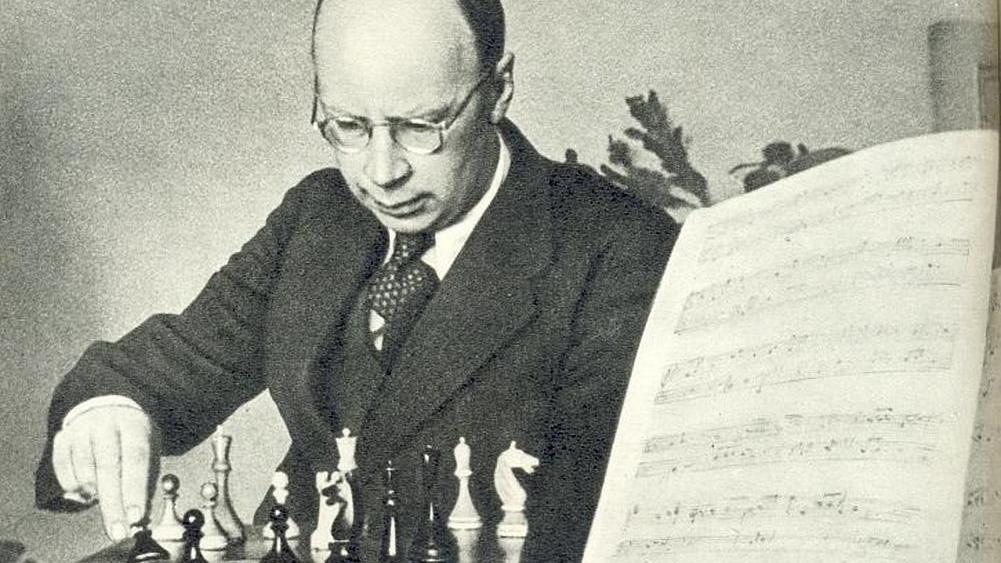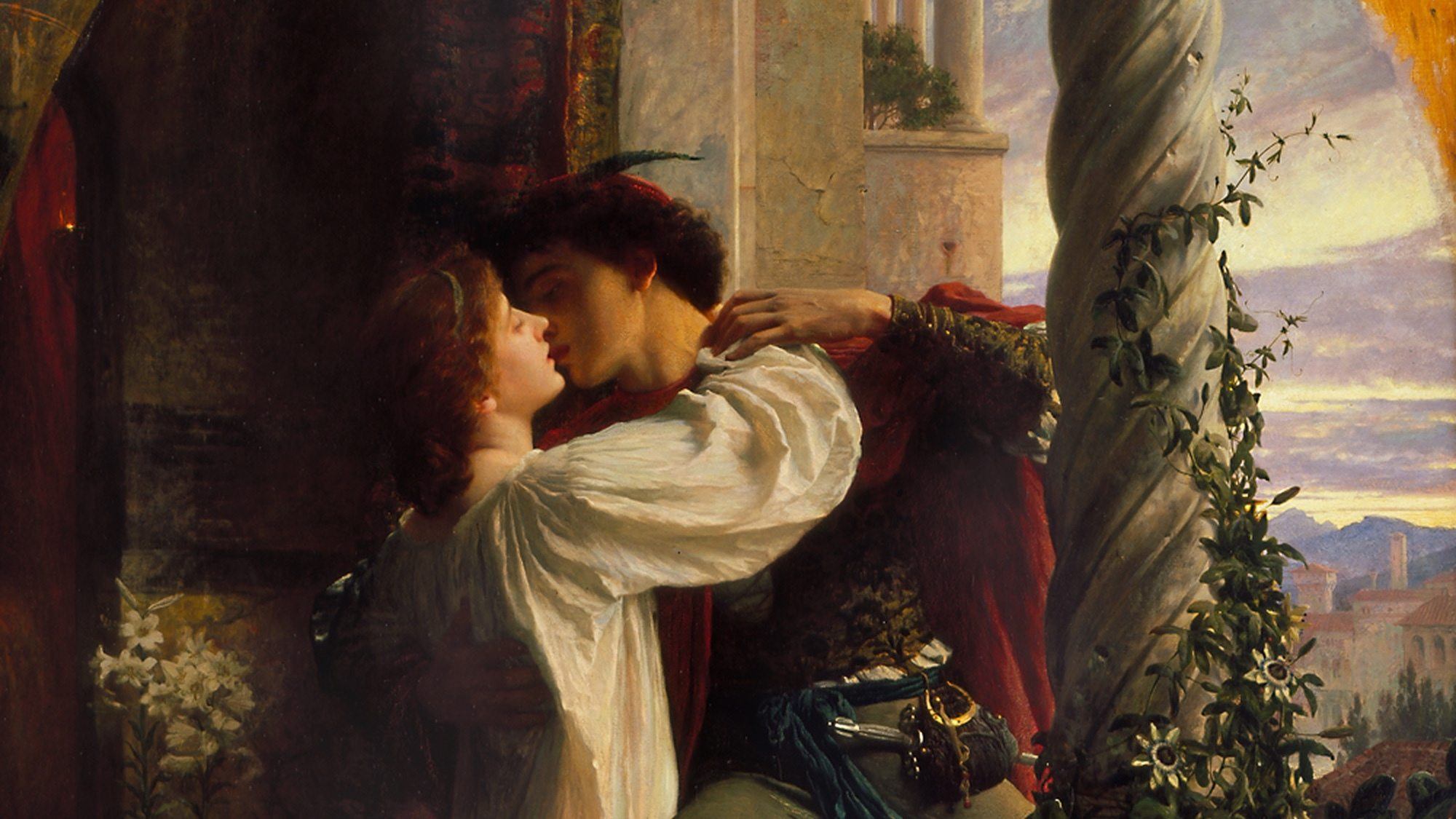Prokofiev’s Piano Sonata No. 5 in C Major: Cool and Classical
An enticing coolness and classicism surrounds Sergei Prokofiev’s Piano Sonata No. 5 in C Major, Op. 38. Brilliant and austere, it is the music of a composer who, early on, developed a reputation as a brash enfant terrible with piano-playing fingers of steel. Here, as in much of his music, Prokofiev, the cunning and aggressive master chess player, plays the game of quirky extended melodies, which often seem to reach a harmonic dead …







